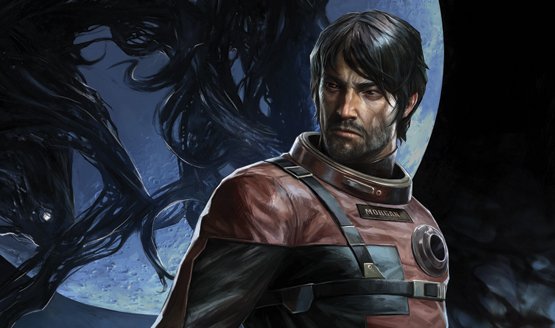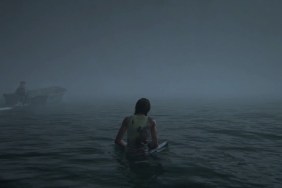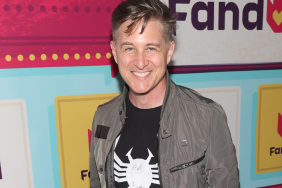Prey has been one of this year’s most beloved, yet divisive, video game releases. A lot of this has to do with its ending, which is either described as brilliant or terrible depending on who you ask. SugarBombed recently caught up with Obsidian Entertainment co-founder and industry legend Chris Avellone, who was involved with crafting Prey‘s story. In the interview, he revealed that the ending that’s currently in the game wasn’t the original ending.
Here’s what Chris Avellone had to say regarding Prey‘s ending:
Ricardo’s the best person to ask about it, it was not the original ending for the game, it came in later in development. For me (and we discussed this at Arkane), the key thing to be careful of is disrupting the player’s attachment to their avatar. I call this the “Clone Spider-Man Dilemma” – this is titled based on a storyline reveal that happened in the Spider-Man comics where it was revealed that the “Spider-Man” the readers had followed and loved for 20 years wasn’t actually Spider-Man, it was a clone – and guess what, this did not go over well with the fans, which was understandable, because they were there because they loved Spider-Man, and now the rug had been yanked out from under them.
If you ever choose to do this in a narrative, you need to be careful and take precautions (I feel Prey did these things) was tie the reactivity in the game to that ending so your actions still mattered (at least in the drafts I saw), but the danger of being disassociated from your avatar was a very real thing and should be treated very, very carefully.
I will say (anecdote) that I learned something else very wise from Prey’s development about game endings in general – always keep in mind someone else who isn’t you may have to inherit your end game reveals. We were in a meeting with Raphael and discussing end states, and he said, (paraphrased) “no matter what, be careful about giving an ending that must be carried forth by either us (Arkane – and it might be the same team or a new design team within Bethesda, you never know in game development) or anyone else who must inherit the sequel (again, whether Arkane or someone else). This comment wasn’t intended to distance anyone from the ending, it was a clear acknowledgement that you have to be careful with endings in a game franchise.
If you push the hint of an ending too far in the first game or any title with a sequel, it sets up an expectation that the next game will have to match and solve, and what may only be five minutes of the ending of the first game will define 40+ hours in the next title and likely cause the Lead Designer a lot of headaches. So example: If a game ends showing an alien invasion in the last five minutes, then that sets a very specific expectation for the next team that is very hard to step away from. I’ve certainly been part of decisions like this – it was done on Neverwinter 2, KOTOR 2, and as far back as Dark Alliance 1 – and yes, this is a bad way to do endings in many respects, but Raphael was clear as to why – it’s not just disappointing for the player, it’s a pipeline concern and a design concern, and that assumes you’ll even get a chance to do the sequel at all.
There’s a lot more great insight over at the full interview, so check it out.
[Source: SugarBombed]








